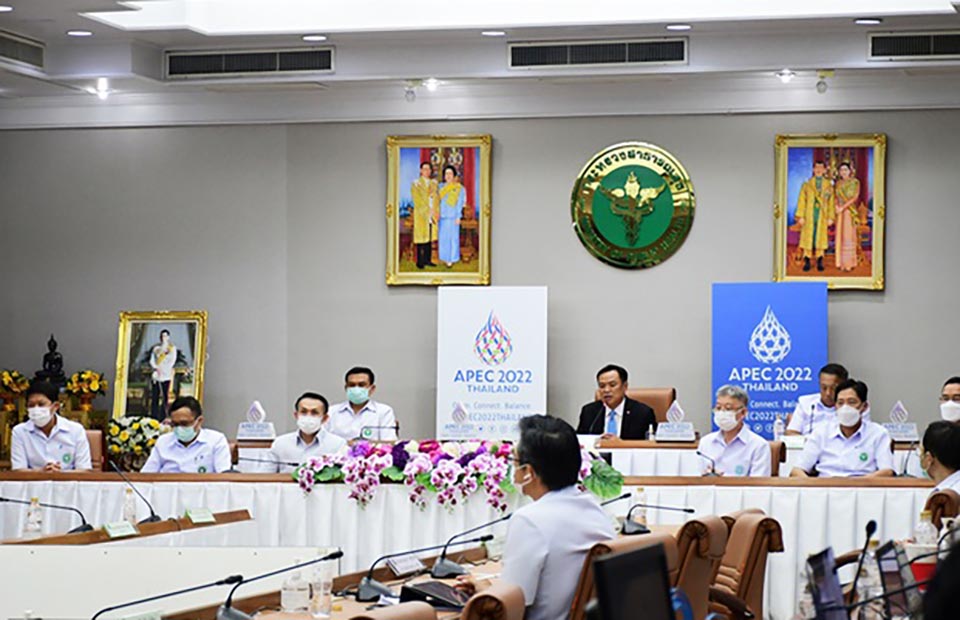
APEC Health Week is taking place in Thailand from now until Friday (26 Aug), with the Ministry of Public Health hosting the High Level Meeting on Health and the Economy (HLMHE) in Bangkok. Ministry officials presented their ‘Smart Family’ policy to address the issue of low childbirths and mitigate its impact on labor and the economy.
On the first day of APEC Health Week, Deputy Public Health Minister Sathit Pitutecha inaugurated a policy dialogue on the topic of Smart Families. He noted that 17 of the 21 members of the Asia-Pacific Economic Cooperation (APEC) forum are facing demographic problems.
The deputy health minister explained that a recent meeting allowed APEC representatives to discuss the demographic status of their respective economies. Health officials, family planning experts, members of civil society, and private sector representatives also participated in the talks. Among the issues discussed were fertility planning, avoiding unintended pregnancies, and Thailand’s ‘Smart Families’ program.
Suwannachai Wattanayingcharoenchai, Director-General of the Department of Health, said Thailand had implemented three phases of demographic policies. The initial phase involved encouraging people to have more children, which propelled Thailand’s population to 26.3 million in 1960 from 14.5 million in 1937.
The second phase involved the promotion of family planning, starting in 1970, which saw the rate of people practicing birth control surge from 14% to 72%.
The third and present phase sees Thailand having to contend with a more complex demographic structure than in years past. Unintended pregnancies and unsafe abortions further exacerbated the nation’s fertility decline.
In support of the Smart Family policy, a number of laws and relevant policies have been issued, including the second national fertility development strategy and a law on the prevention and remedy of teenage pregnancies. The latter has helped reduce the delivery figure among teens aged 15 to 19 by half. It also mitigated the problem of teenagers dropping out of the education system by enabling welfare for teenage mothers. (NNT)
 |
 |
 |





